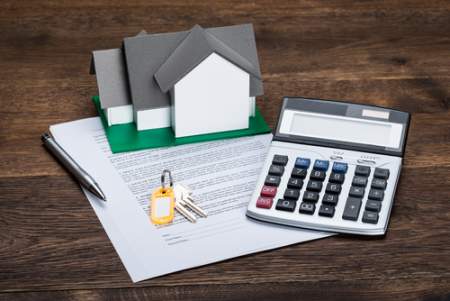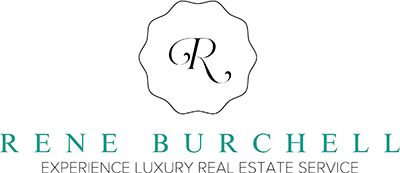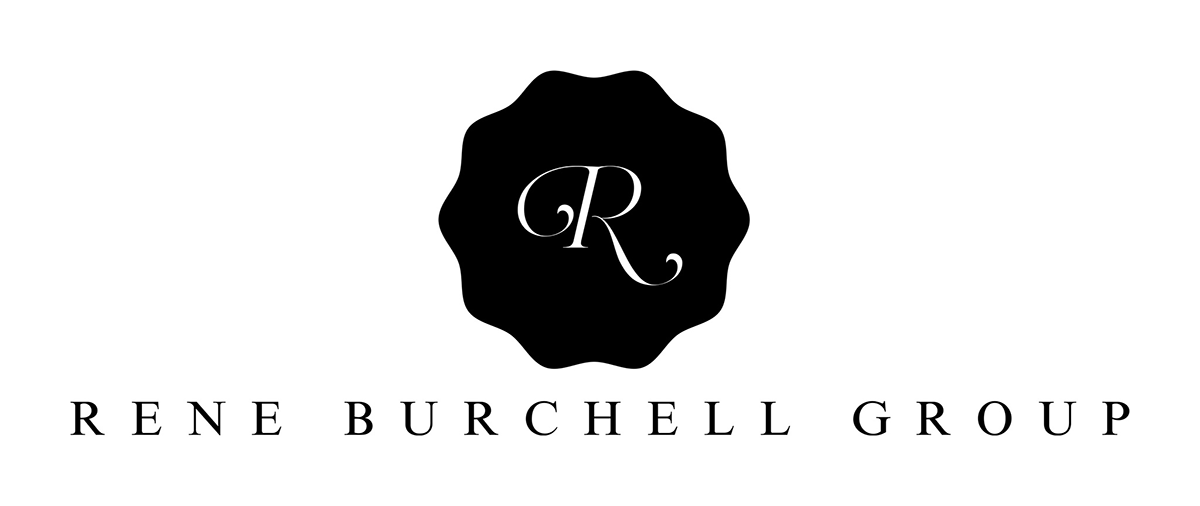Selling a home can be expensive. There are a lot of additional things to pay for that you may not initially think of. Utility bills, home repairs and renovations, cost for cleaning and painting and real estate agent commissions are just some of the costs that home sellers should prepare for.
One of the biggest and most important expenses involved in selling a home are closing costs. If you are selling a home in Frisco, TX, you should be aware that closing costs can run anywhere from 6 to about 10 percent of the overall sales price, on average.
Closing costs consist of a variety of fees. Here are some of the most common elements that make up closing costs, a brief description of each cost and the average price you can expect to pay for each of them as a home seller:
1. Mortgage payoff
If you have a balance remaining on your mortgage, that amount will be paid at closing. Certain lenders may assess a penalty or fee for paying off the mortgage early. That penalty can either be a specified dollar amount, a percentage of the total amount borrowed or on a sliding scale based on the amount of the remaining balance.

2. Outstanding fees
There may be utility bills, insurance costs and town home, condo or homeowners association fees that will need to be paid. These amounts are usually pro-rated according to the closing date on the property.
3. Title insurance
The home buyer and mortgage lender will usually purchase title insurance. This is done to ensure safety in case something goes wrong during the closing process. Title insurance can run $500 to $1000 or more, depending on the type of property and policy sold. While this policy is usually purchased by the home buyer, there may be associated title insurance fees imposed on the seller. These fees can vary depending on the type of policy purchased and any local laws or regulations regarding such matters.
4. Transfer taxes
Transfer taxes are charged in certain counties and states. They are based on local laws and the property value. You can find out specific information about transfer taxes in your area from your local county and state tax departments and from your real estate agent.
5. Recording fees
These are fees for having a title company, escrow agent or attorney file the closing paperwork with the requisite state and local government offices. Such files will then become a matter of public record. Recording fees vary from county to county and state to state.

6. Attorney or settlement fees
These fees can vary, depending on whether you are having an attorney or title office handle the closing. Typical attorney fees for home closings can cost $150 or more, while settlement fees are usually $2 per $1000 in sale price.
Conclusion
These are some of the most common components of closing costs. Other costs that can factor into closing costs include any outstanding debts or liens on the property or flood certification or septic system requirements for certain states.
Sellers are also expected to pay the real estate agent’s commissions. This is usually 4 to 6 percent of the sale price. These costs can either be deducted from the sale of the home, or you can pay them directly out of your own pocket. Take some time to look at your finances before you decide how these commissions will be covered so you can see what your overall net proceeds on the sale of the home will be.
Talk to your realtor to make sure that you know what to expect. The buyer may ask you to pay for some or all of their closing costs. Buyer closing costs typically include:
- Appraisal fees. A home appraisal is usually required before any home sale can be completed. The appraiser will prepare a report that determines whether or not the home’s estimated value is correct.
- Credit report fees. The buyer’s lender will usually pull a credit report from one of the major credit reporting agencies.
- Home inspection fees. A home inspection is also required before the completion of most property transactions. The appraiser will conduct a thorough inspection of the home and prepare a report that lists any problem areas or items that need to be fixed.
- Title insurance. In some cases, the home buyer will be required to carry a title insurance policy. This protects them against any damage or liability if something happens during the closing process.
- Survey fee. There may be a survey required in some instances. A property surveyor would be called upon to determine the property lines and boundaries.
- Title search fees. The buyer may be assessed fees for having a title company research the true ownership of the property in question, and if there are any liens, debts or other financial obligations against the property.
- Buyer’s attorney or settlement fees. The home buyer may be responsible for the filing fees instead of the seller during the closing process.
Such requests are known as concessions. Concessions are sometimes used to make the initial offer more appealing. You can choose to pay for some or all of these fees, or elect to have the home buyer pay for their own fees.
Talk to your realtor about the closing costs so that you fully understand. You should know what fees are your responsibility and which fees are the home buyer’s responsibility. Ask questions if there is anything that is ambiguous or that you just don’t understand. If something needs to be altered, this can be done during the negotiation process. Your realtor should also have the knowledge of the market to understand whether or not the sales price and home value are realistic according to the current market and economic trends.
Preparing your budget can put you in a better financial position before the sale is completed. It also gives you one less thing to worry about. It makes the sales process go by more smoothly. You can have peace of mind and can focus on moving on with the next chapter of your life.
Have Questions? Ask Rene!




